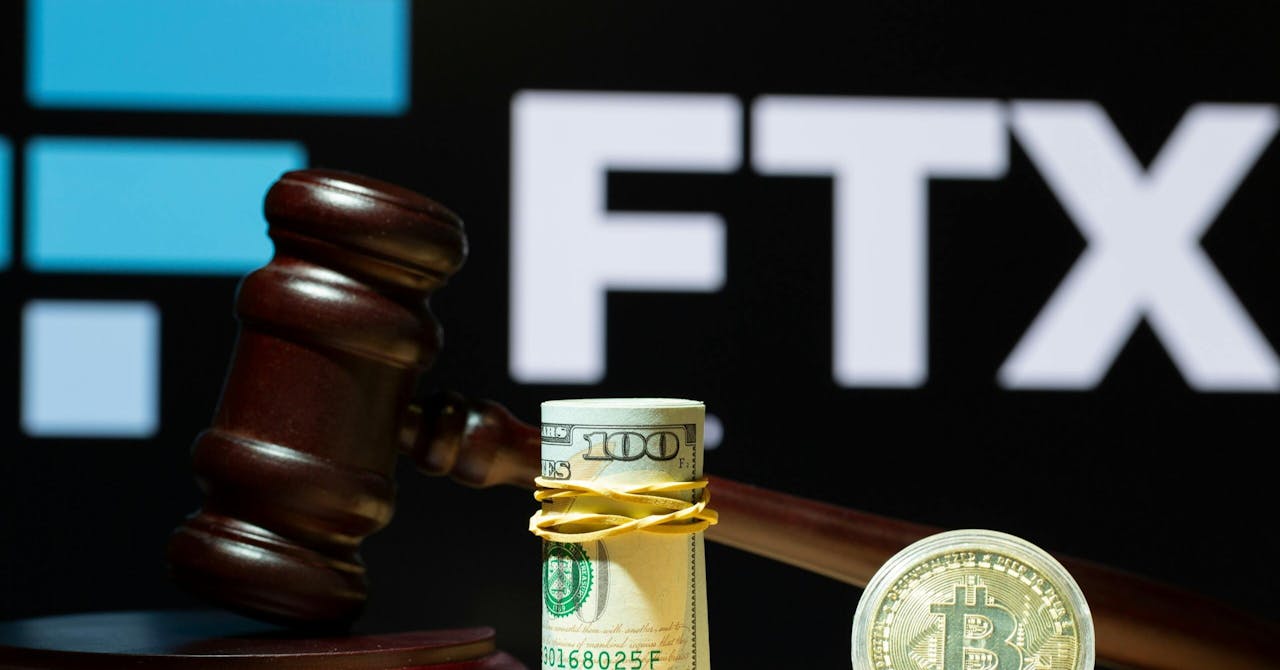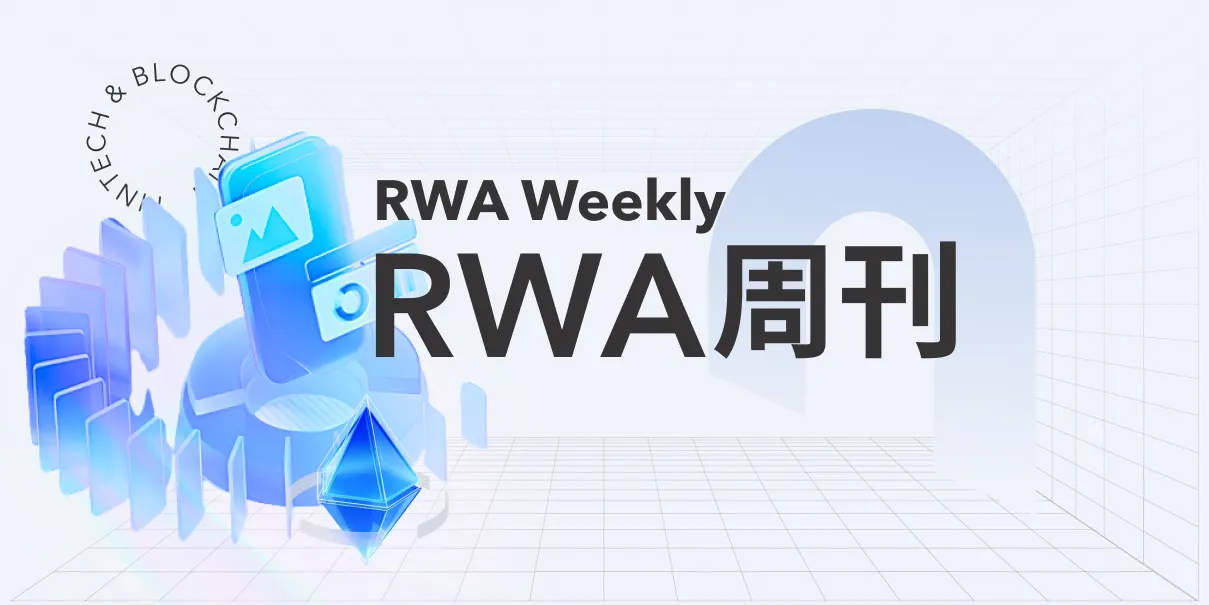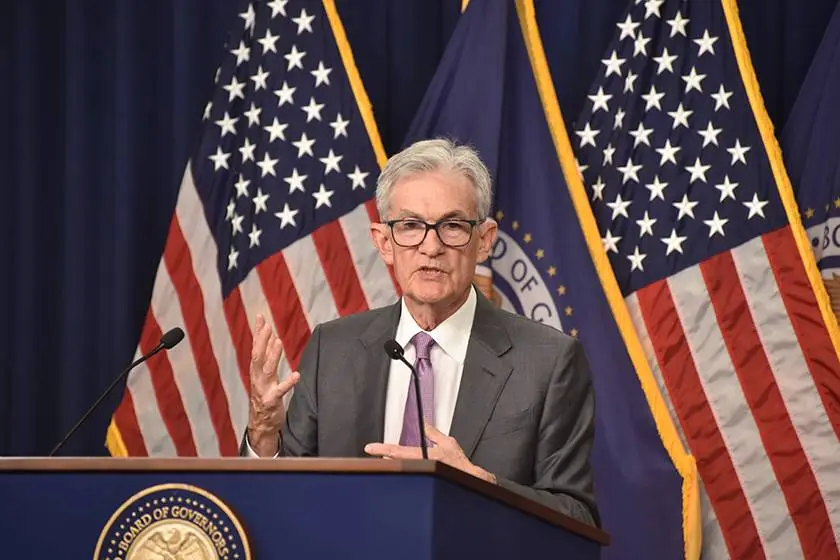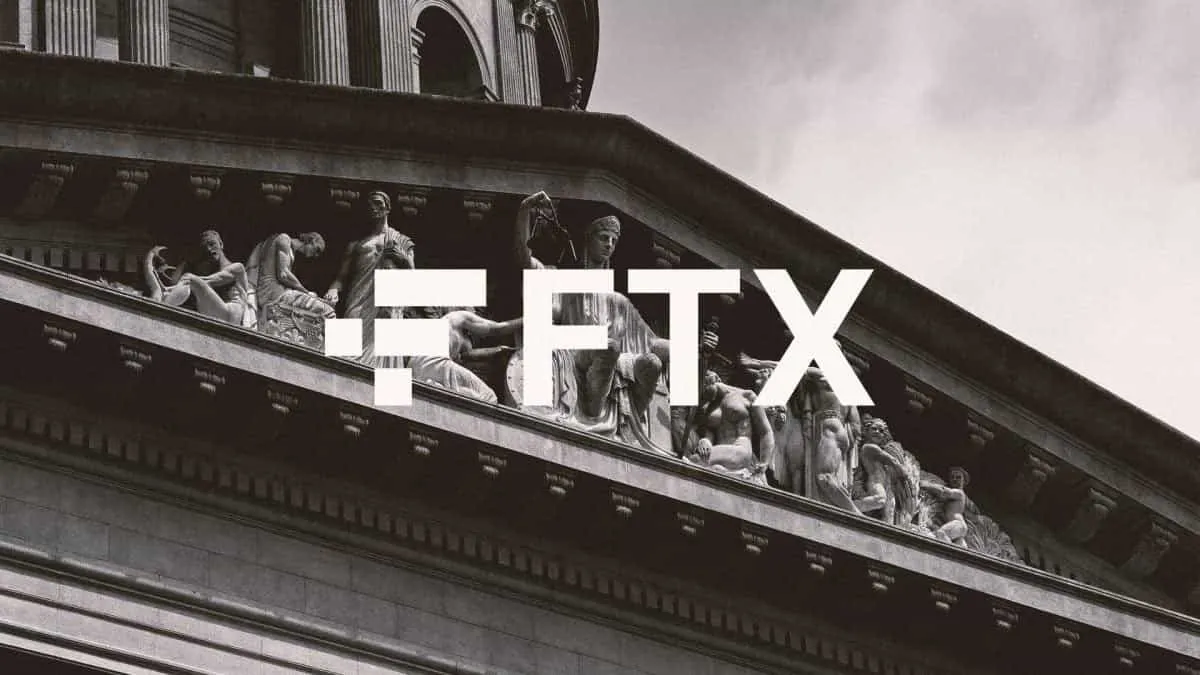
Interview: Tong, PANews
Editor: Yuliya, PANews
It has been nearly three years since the collapse of FTX, the largest bankruptcy case in cryptocurrency history. After a lengthy and complex liquidation process, creditors have recently welcomed the third round of payments, totaling approximately $1.6 billion.
However, in this global compensation distribution, Chinese creditors remain excluded. Due to regulatory and legal restrictions, they have been uniformly classified as being in "restricted areas," preventing them from participating in the payment process. The restricted claims held by investors account for over 80% of all restricted assets, making them the largest group of creditors.
In the absence of transparency in the compensation process and limited communication channels, a group of Chinese creditors has begun to organize spontaneously. Will (X account @zhetengji) is one of the representatives, who has been advocating against the classification of "restricted areas" since July of this year and calling for more creditors to join. After months of struggle, this movement has seen new developments.
Recently, Will gave an exclusive interview to PANews, detailing key progress in the rights protection movement, confrontations with the FTX bankruptcy restructuring team, changes in the judge's attitude, and the hardships and helplessness of ordinary creditors trying to save themselves within a complex system. In this "century case," Will's account not only illustrates the difficulties faced by ordinary creditors in navigating a vast and complex judicial system but also reveals the additional pressures caused by procedural opacity, information asymmetry, and the involvement of third-party institutions.
A few creditors modified KYC to recover funds, most still face information barriers
PANews: Hello Will, thank you for accepting our interview. We understand that there have been new developments in the FTX case recently, especially with the motion in October. Could you please share some of the recent updates? How does it differ from the hearing in July?
Will: Sure. After the hearing in July, we made some progress. I brought a group of creditors to speak at the hearing, which allowed some overseas Chinese creditors to modify their residency information, and a portion of them successfully retrieved their assets. However, many of those who benefited have since chosen to withdraw.
The October hearing made me realize two points:
Strength in numbers: Judge Owens is now very attentive to the collective opinions of creditors.
The information gap remains huge: There are still too few Chinese creditors aware of these key developments. The initial data disclosed by FTX indicated that Chinese creditors accounted for 8%, which was later revised to 4%. Even with the conservative estimate of 4%, it involves thousands, if not tens of thousands, of users. However, there are only about a thousand people in our rights protection group, and even fewer are active, which means a large number of affected individuals remain in information silos. Therefore, I took the initiative to contact you, hoping to let more people see the real situation and join our rights protection movement.
PANews: You mentioned that after the motion in July, some overseas Chinese creditors resolved their issues. What were their main demands at that time? You also successfully retrieved a portion of your funds; how did you go about it?
Will: These creditors are actually overseas residents holding Chinese passports. According to U.S. bankruptcy law, jurisdiction is determined by residency rather than passport nationality. At the hearing on July 22, the judge received numerous letters from Chinese creditors living overseas and questioned FTX Trust: why couldn't these individuals retrieve their assets and demanded they provide a corresponding modification process.
However, FTX did not provide a clear process at that time. After the meeting, we began trying to contact customer service via email, but each representative had inconsistent responses. Leveraging our numbers, I compiled the fragmented information we obtained and summarized a set of procedures that I believed were feasible before the asset snapshot on August 15. This process is quite complex and involves several steps:
Modify KYC address: Contact the FTX support team via email and submit proof of residency, such as utility bills or long-term visas.**
Modify tax form information.
Modify information related to custodians (such as BitGo, Kraken).
I have several FTX accounts, one of which was opened in my name. Since I live in Singapore, I successfully modified the information according to this process and retrieved a portion of my assets. Most of the "troublemakers" who followed my lead in modifying their information and actively speaking out also received compensation. My personal understanding is that FTX wanted to resolve the issues quickly.
FTX Trust holds "extraordinary power," raising doubts about the transparency of the compensation process
PANews: You mentioned that there are other accounts that have not received compensation, such as your wife's account, which clearly meets the criteria. Why did it fail? Does this reflect issues within the compensation process?
Will: This is the crux of the problem—the process is extremely opaque. My wife and I live together in Singapore, and her account information was also modified, but due to the large amount, she did not receive compensation in the distribution on September 30.
We later discovered that FTX Trust holds a "extraordinary power": before January 3, 2026, they have the right to mark any account as "disputed" without providing any explanation. This power was granted through a court motion two years before we intervened. Their reasoning to the court was that the FTX case is the largest in history, and due to the scale of the case and limited team resources, they needed more time to process it. As a result, extreme situations arose: accounts could be arbitrarily marked as disputed, users could not access their funds, and the Trust was not required to explain the reasons.
PANews: So, what exactly is the FTX Recovery Trust, which holds such significant decision-making power?
Will: The FTX Recovery Trust primarily takes over the bankruptcy restructuring team of the original FTX assets and entities.** However, there is an unreasonable aspect: most of the lawyers on the team are actually the original FTX lawyers. In other words, the individuals who were responsible for user registration and signing agreements are now back to lead the bankruptcy restructuring. This situation, where the original team handles the original entity's illegal activities, is extremely rare in large bankruptcy cases.
More seriously, the U.S. Department of Justice (DOJ) typically assigns independent investigators in large bankruptcy cases, but there has been none in the FTX case. Early on, the U.S. regulatory agency (U.S. Trustee) proposed appointing an independent investigator, but the judge at that time rejected it on the grounds that it would "affect the bankruptcy process." This has led to a lack of third-party checks and balances at the regulatory level, increasing the opacity of the process.
Judge questions the reasonableness of the restricted countries list, compensation adjustments may be on the agenda
PANews: We noticed that the judge has changed to Judge Owens. How do you feel about the attitude of this new judge? He seems to be more concerned about the situation of Chinese creditors?
Will: Yes, Judge Owens' attitude gives us hope. After several hearings, I feel that Judge Owens is very attentive to public opinion and the voices of creditors. An important shift occurred during the October hearing when he raised some key questions:
He questioned FTX Trust: "Why can other cryptocurrency bankruptcy cases (like BlockFi, Celsius) smoothly compensate Chinese creditors, while you need the court to grant you a process that can avoid compensation or even confiscate?"
He cited an example where even Iranian creditors received compensation; why can't Chinese creditors?
He adopted the viewpoint from my previous motion, pointing out that "cryptocurrency regulation changes on a monthly basis," questioning whether it is too early for FTX to establish a rigid process that may conflict with new legislation in the future.
Compared to the hearing in July, where the judge only thought that FTX's motion lacked executable details (such as unclear timelines and unreasonable asset confiscation), this time, Owens' questions were clearly more in-depth and considered from the creditors' perspective.
PANews: So what was the final outcome of the hearing on October 23? What ruling did the judge make? What should we expect next?
Will: The outcome was very favorable for us. Judge Owens ultimately required FTX Trust to withdraw this motion. His exact words were, "It hasn't been formally rejected in writing, but I hope you all go back and think deeply," and he specifically mentioned rethinking the "list of potentially restricted countries." I personally understand this as a hint that they need to reassess whether China should still be on this list.
So, there are two possible directions moving forward:
Best-case scenario: FTX Trust adopts the judge's suggestion, modifies the plan, removes China from the restricted list, and all Chinese creditors receive compensation.
Continued delays: If they only make minor modifications and propose a similar motion again, we will need to continue the fight for our rights.
Attempting to limit creditors' speech, third-party institutions create panic over debt acquisition
PANews: On the eve of the hearing on October 23, it seems that some dramatic events occurred, such as FTX Trust suddenly submitting a revised motion and even attempting to prohibit you from speaking. What exactly happened?
Will: The FTX Trust team is very arrogant. During the three months from July to October, they completely did not communicate with us. It was only a few days before the hearing that they submitted a so-called "revised" motion, giving us only one day to respond, clearly trying to catch us off guard.
What’s worse is that this new motion contained a large section requesting the court to prohibit me from speaking. The reasons included:
I had submitted nine motions in the past three months, which they claimed delayed the bankruptcy process;
I had already retrieved my personal claim and was therefore unqualified to speak;
I could not represent my wife's or the company's account because I lacked marriage proof or needed a professional lawyer to represent the company account.
A bankruptcy entity devoting a large portion of its motion to limit a creditor's speech is, in itself, a very undignified act.
PANews: You mentioned that Chinese creditors' assets account for over 82% of the total in restricted areas, which is an astonishing figure. Why does FTX classify China as a restricted area, and what could be the underlying reasons?
Will: According to the data disclosed by FTX in the July motion, Chinese creditors account for 83.8% of the $400-500 million in assets in "potentially restricted jurisdictions."
As for the reasons, although it cannot be publicly stated in court, the general speculation is that FTX's bankruptcy restructuring head, John J. Ray III, uses the asset recovery ratio as a performance metric. If the substantial assets from the China region are confiscated and redistributed to other creditors, the overall compensation ratio would increase, making his record look better.
Additionally, there are now a large number of claims being acquired by hedge funds and debt management companies. It is unknown whether these institutions have any connections with the bankruptcy team, but logically, the more money left in the pool, the greater their profit margin.
PANews: You also mentioned that these third-party institutions create panic when acquiring claims. How does this market operate? Do ordinary creditors have no choice but to sell their claims?
Will: Creditors are indeed a path, but it's the worst option. These acquisition institutions lower the price of claims by creating panic (such as collaborating with KOLs to publish exaggerated reports). For example, the acquisition price might be around 110%, but if they can ultimately receive 170% compensation, the arbitrage space is huge.
PANews: Is the asset distribution in the FTX bankruptcy case fair? What is the current compensation ratio?
Will: The current asset distribution is still highly controversial. The FTX bankruptcy team sold some assets at market lows (such as during the FTX crash in November 2022), like shares in AI companies and Solana holdings, causing creditors holding assets in cryptocurrency to be compensated at low dollar values, especially with Bitcoin calculated at a price of $16,000, which many consider unfair.
PANews: In future compensation distributions, is there a priority issue? Will the rights of employees and shareholders take precedence over ordinary creditors?
Will: Yes, employee salaries and supplier debts are prioritized, with ordinary creditors at the back. Compensation for assets held by employees on the platform will also be processed first, while compensation for shareholders and investment institutions will come later.
PANews: What was the attitude of the FTX Trust lawyers at the hearing?
Will: Their attitude in court is not bad; their main strategy is to "play the victim." They repeatedly emphasize the complexity of the case and the enormous workload to gain the judge's sympathy. When the judge asks why other bankruptcy cases do not require similar processes, they only respond vaguely that "the FTX case is different," without explaining the specific differences. They even argue that creditors oppose simply because they are eager to get their funds back, but in private emails, they can easily change account statuses, which exposes the opacity of the process again.
To avoid suspicion, I pay for my own lawyer and call on domestic creditors to pay attention to the latest developments
PANews: We understand that you have invested a lot in this rights protection effort, including high U.S. lawyer fees. Why not accept donations from everyone?
Will: Lawyer fees are indeed not cheap; my last motion cost $60,000. But I insist on covering all expenses myself. The reason is simple: if I accept donations from others, my position and motives may be questioned, and FTX Trust could use that to attack me, making me less "firm" in my rights protection efforts. Therefore, I clearly stated in the group that I do not accept any financial entanglements.
Including this hearing, the judge suggested in July that FTX Trust provide translation services, but they ignored it until just before the court session. We prepared for both scenarios; I interviewed and hired a U.S. court-certified translator, and the cost was also covered by me.
PANews: Finally, what would you like to say to Chinese creditors who are still unaware of the situation?
Will: What I want to convey the most is that I hope those creditors who still lack information can join us or at least follow my Twitter (@zhetengji) to understand the real progress of the case.
Personally, I am not worried; I am fully capable of changing all accounts to overseas accounts. But I hope to help ordinary creditors in China. Some people in the group say that $30,000 to $40,000 is their entire savings over decades. Asking them to spend another $10,000 to $20,000 to immigrate to retrieve the remaining funds is unrealistic. I see many people living in very difficult conditions. Therefore, while I still have the energy and ability, I hope to help them and resolve the issues as soon as possible.
免责声明:本文章仅代表作者个人观点,不代表本平台的立场和观点。本文章仅供信息分享,不构成对任何人的任何投资建议。用户与作者之间的任何争议,与本平台无关。如网页中刊载的文章或图片涉及侵权,请提供相关的权利证明和身份证明发送邮件到support@aicoin.com,本平台相关工作人员将会进行核查。




